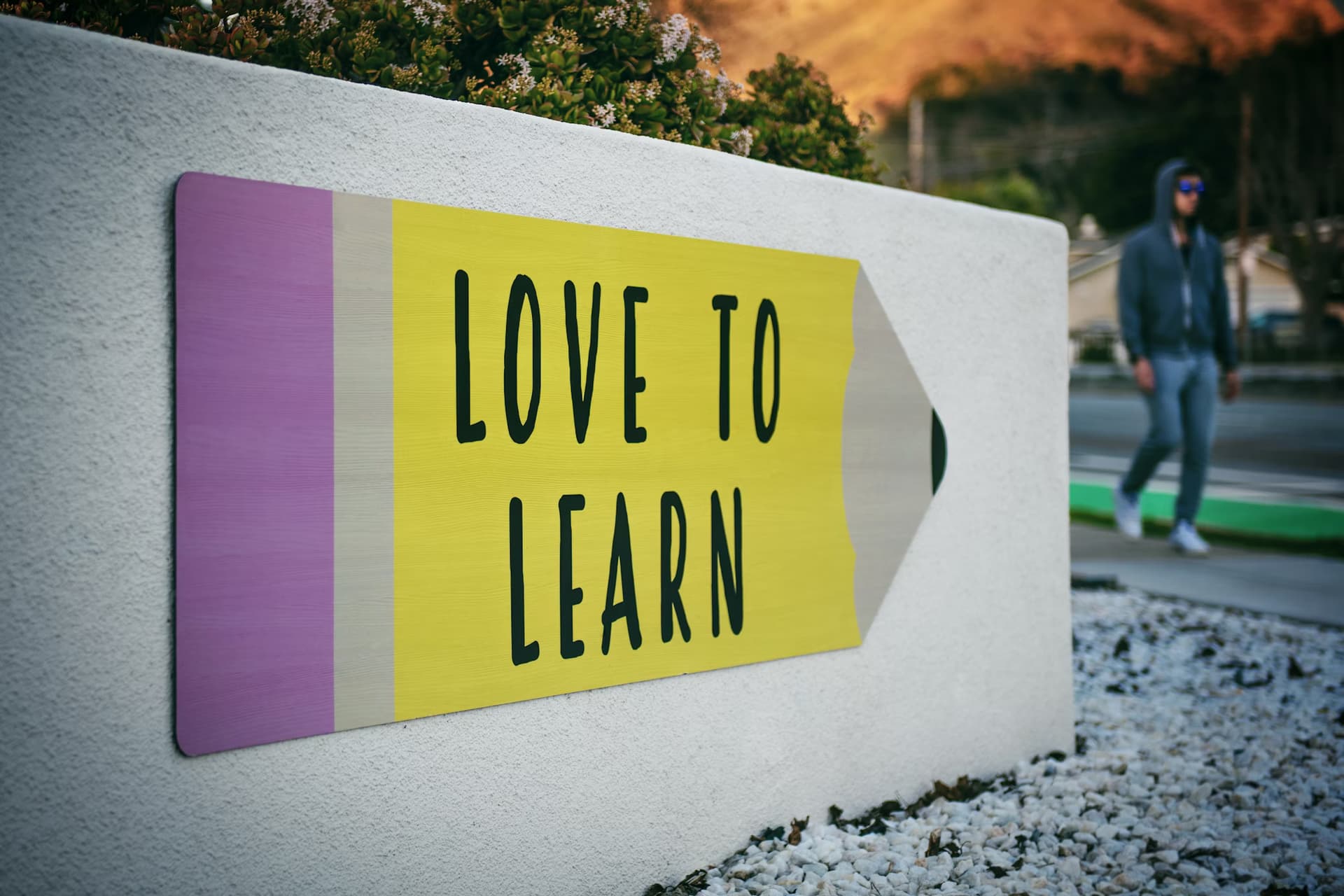Future Skills
Forget Traditional Education. Here's How to Actually Learn Skills for 2026 (And Not Waste 4 Years)
Traditional education is teaching 2010 skills for a 2026 world. By the time universities update their curriculum, the tools and workflows have already moved on. Your career can't wait for institutions to catch up.
So how do you learn what actually matters? Here's the playbook for building skills at the speed of the internet.

The Skills That Matter in 2026
- AI literacy: You don't need a PhD. You do need to use AI as fluently as you use search—research faster, automate repetitive tasks, and collaborate with smart assistants instead of fearing them.
- Problem solving: Facts are free. The value is breaking down messy problems, researching options, testing, and iterating until something works.
- Clear communication: Writing, speaking, and presenting with clarity multiplies every other skill. AI can draft, but it can't replace a voice with empathy and persuasion.
- Adaptability: Deep expertise in a fading tool is risky. The winning trait is learning new skills quickly and staying curious.
Where to Actually Learn
- Online platforms: YouTube, Coursera, and Udemy teach world-class skills for the cost of dinner. You're not buying credentials—you're buying knowledge.
- Learning by building: Create real projects for real needs. A website for a client. A video for a brand. A product you'd actually use. The reps matter more than lectures.
- Communities over classrooms: Discord servers, Reddit groups, and niche forums move at industry speed. Share work, get feedback, and learn from others' mistakes.
- AI as your tutor: Stuck on a concept? Ask ChatGPT to explain it five different ways. Need practice problems? Have AI generate them. The best tutor you've ever had now lives in your pocket.
The Learning Strategy That Works
- Pick one skill that will get you paid or promoted fastest.
- Spend a week on the fundamentals—just enough to start building.
- Build something real immediately and fight through the roadblocks.
- Share the work, collect feedback, iterate, and repeat.
- Charge for the skill, even a small amount, to learn how to deliver for others.
Repetition plus feedback beats years of passive consumption. Your first projects will be rough. The next ten will be better. Stick with it.
What Not to Do
- Don't chase credentials unless the industry legally requires them.
- Don't spend years "preparing" before you build anything real.
- Don't learn ten skills at once and master none.
- Don't confuse watching tutorials with actual learning.
The 2026 Learner
- Learns new tools in days instead of months.
- Builds real projects instead of collecting theoretical knowledge.
- Adapts to change instead of fighting it.
- Uses AI to amplify output instead of fearing it.
Start now. Pick a skill this week. Build something next week. Share it the week after. While others debate which bootcamp to join, you'll already have results and momentum.
The education system won't save you. Learning fast, building relentlessly, and adapting constantly will. The future belongs to the people creating it—not the ones still studying for it.
Keep exploring
Stories from the passing Scene
Further notes of thoughts that passed our mind.
October 28, 2025
The Startup Scene is Actually Pretty Lit Right Now (And We Have the Data to Prove It)
Look, we get it. The economy's been giving everyone anxiety lately, and if you're building a business, it probably feels like you're trying to surf in a hurricane sometimes. But here's the thing – Mercury just dropped some seriously interesting data that might make you feel a whole lot better about where things are heading.
Read this storyOctober 22, 2025
How to build Accessible Websites
Let's be honest: most websites aren't built with accessibility in mind. They work fine for people without disabilities, but they're a nightmare for the 15% of the global population that experience some form of disability. That's over 1.3 billion people you might be excluding.
Read this storyOctober 3, 2025
Why Buying WordPress Themes is Throwing Money Away (And How AI Builds Better Ones Free)
Premium themes are bloated, overpriced, and slow. Learn how AI-built themes give you cleaner code, faster sites, and zero recurring fees.
Read this storySeptember 23, 2025
SEO is Dead. Long Live AEO. (And Why Your Website Needs Both Right Now)
Remember when SEO was king? Yeah, those days are gone. Don't panic though. SEO isn't dead—it's just got a twin brother named AEO, and they're both fighting for your attention.
Read this story